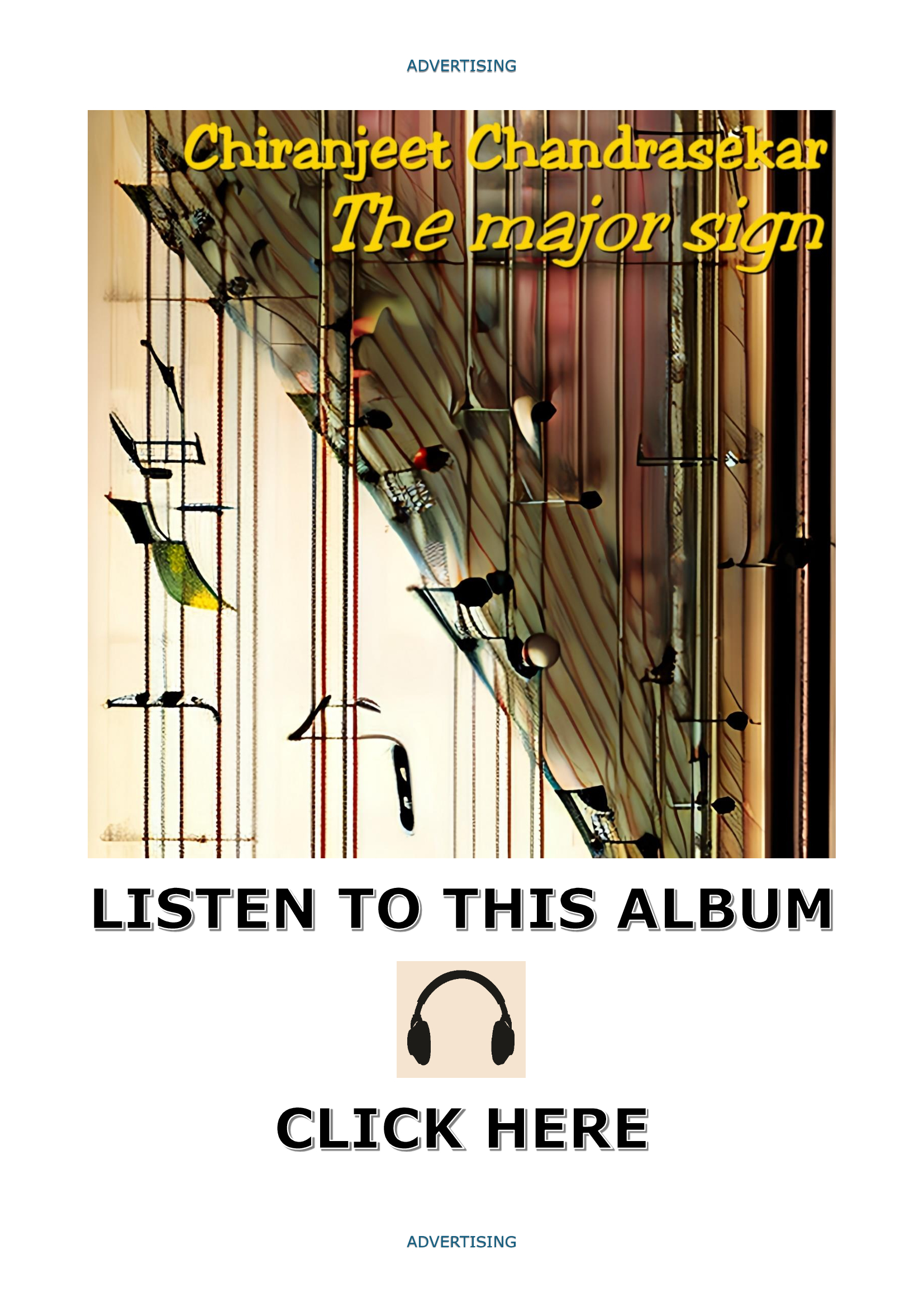
4 minute read
What Are Web 2.0 And Social Networking?

Web 2.0 and Social Networking are interchangeable terms that are used to describe interactive environments and communication strategies applied on the Internet.
Web 2.0 is a general term applied to any website that reacts to the input and activity of its users, such as a blog, a MySpace profile, a forum, or a Squidoo lens.
Social Networking is best defined as the regular interaction of people for some common cause. Of course there is really nothing new about social networking, and it’s something many of us do every day offline, especially in schools or in the workplace. But as a marketing trend this concept is growing more and more popular online.
This is because unlike most high schools, colleges, or workplaces, the Internet is filled with millions of individuals who are looking to meet other Internet users and develop both business and personal relationships.
There are many portals for social networking on the web. Social networking websites are pretty much communities of Internet users that can range from small and tightly focused portals to enormous groups of people who all have different backgrounds and interests.
So a Web 2.0 resource, or social networking site can exist on the basis of anything from hobbies, religion, education, business, or politics. And the idea behind getting involved in such a site is to meet new people who fit into one of two categories:
1. People who have something you need.
2. People who need something you have.
There’s a little more to it than this of course but the above two categories basically sum up the entire purpose of participating in social networking and Web 2.0 systems. You might be looking for someone with the missing element to your nearly completed Cajun recipe collection, or you could be searching for new prospects to bring into your personal sales funnel.
Whatever your goals are, the most important thing to do is just get involved. Join some social websites and begin reading the profiles or profile pages of other members, and even start contacting the people who meet the criteria of who you are looking for.
IMPORTANT - I do NOT recommend you join a social networking site and just start blazing away with your ads to the other members via the inhouse private message system. Not only is this an extremely lame and amateur thing to do, it is quite likely to get you booted from the system.
On a personal level, you are sure to enjoy the diversity offered by social networking sites. As I’m sure you already know the Internet allows you to contact people from all over the world, and from many different cultures; and since networking sites exist for the sole purpose of meeting and communicating with new people, the majority of folks who visit these sites are more than happy to meet and communicate with you!
So these portals are a great way to learn a couple of things about other cultures. And of course when we learn about the way other cultures outside of our own think, we are able to market more effectively to people within that cultural demographic!
Social networking often involves grouping specific individuals or organizations together. So you can actually find Web 2.0 portals that are all about a specific subject, whether it’s Okinawan Karate or search engine optimization.
But while there are a number of social networking websites that focus on particular interests, the majority do not. In fact the biggest and most popular social networking sites typically have an open membership.
This means that anyone can become a member, no matter what their hobbies, beliefs, or views are. However, once you are inside this online community, you can begin to create your own network of friends; thus eliminating others that do not meet your criteria.
Something to think about – Something I encounter a lot on the Web is a fear of online predators who are out to steal your identity or find out where you live and stalk you. I would like to suggest that the Web is no more dangerous than the brick and mortar world in most cases. Sure people seem more likely to flame you (call you names, etc.) on the Web because they feel safe behind their computer screen, but displaying your name and city through a networking site is probably less likely to end up with you being stalked and harassed by some maniac than hanging out at a local bar.
SEE OUR E-BOOK TO READ THE FULL CHAPTER


